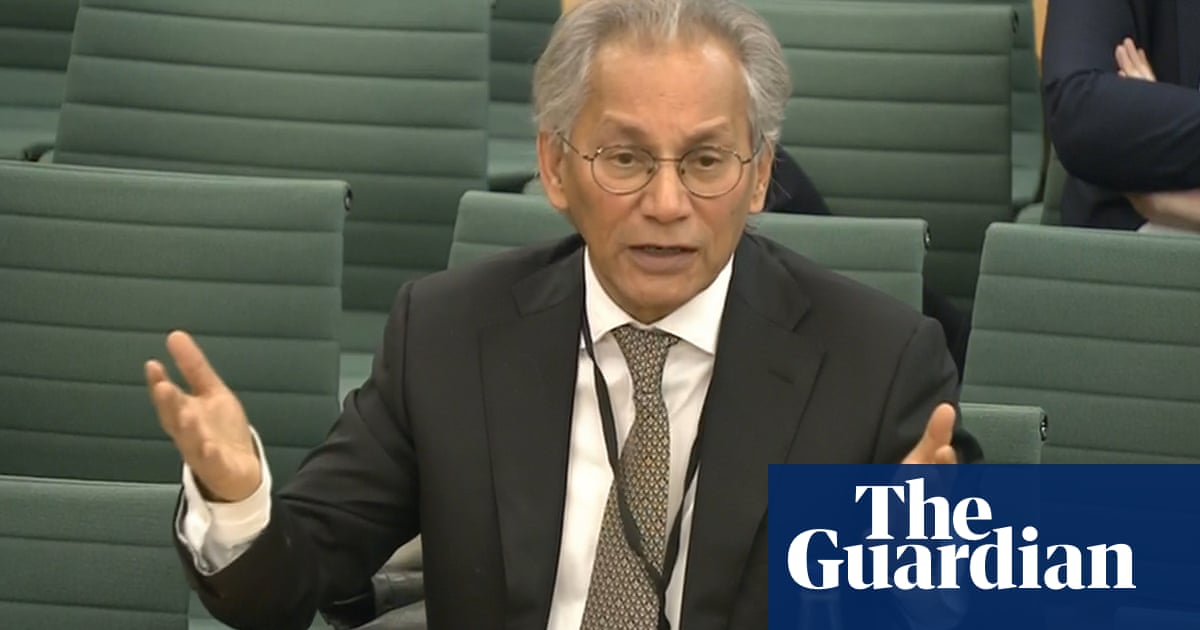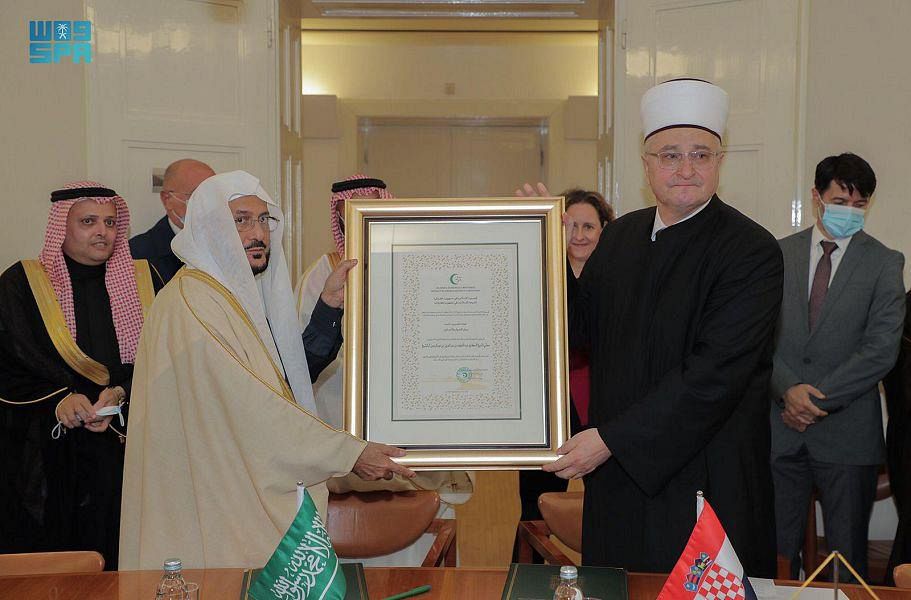
A coalition of more than 450 Islamic organisations, including 350 mosques and imams, representing thousands of British Muslim voices, are to boycott the government’s review of the anti-radicalisation programme Prevent in protest against the appointment of William Shawcross as its chair, the Guardian can reveal.
The appointment of Shawcross, who chaired the Charity Commission between 2012 and 2018, has been criticised as a result of previous remarks he has made about Islam.
Individuals and organisations from across Britain, including the Association of Muslim Lawyers, Muslim Youth Network, Advancing Voices of Women Against Islamophobia and dozens of local and regional bodies have signed a statement announcing a boycott of the review.
The statement says: “William Shawcross has a track record of hostility to Islam and Muslims. No serious, objective, critical review can be undertaken by someone with such a track record – rather we should expect him to promote a hardening of policies towards Muslims. So, if Muslim organisations engage with this review, it strengthens its legitimacy and its power to recommend policies more harmful to the community.”
Shawcross told the Guardian he had “attempted to deal head-on with the thorny moral and legal issues that emerged as the west responded to the threat of Islamist terrorism after 9/11”.
“This has led to some of my views being misrepresented or misinterpreted,” he said.
“Prevent arouses strong views. This is not surprising. The stakes are very high. The extreme-right terrorism threat in the UK and elsewhere is growing and Islamist terrorism remains an enduring global threat.
“As reviewer, I will consider what role Prevent can and should play in helping address such threats. I want to hear the case for and against Prevent based on evidence that can be tested. I approach this review in a spirit of collaboration in seeking to protect people as effectively as possible from being drawn into terrorism, whatever its source.”
The country’s top counter-terrorism officer, Neil Basu, previously told the Guardian he believed Prevent to be the best chance of reducing terrorist violence but that this risked being damaged amid a backlash over Shawcross’s appointment. His comments came after key human rights groups announced a boycott of the review.
Basu said at the time: “I have always believed and stated publicly that Prevent is the most important pillar of our counter-terrorism strategy, and counter-terrorism police have long been advocates of an independent review.
“We will, of course, work with the government’s chosen reviewer, because we believe the process will give our Prevent practitioners the opportunity to share their many years of expertise and insight, with the hope of bringing lasting improvement to this vital strategy.
“But we also recognise how important the support and trust of our communities will be if we are to continue to protect vulnerable people, and so it is with great disappointment that I read some key groups plan to boycott the review altogether.”
The coalition of Muslim groups and individuals will campaign against the Shawcross review and the harms of the Prevent policy.
Prof Nasar Meer, of the University of Edinburgh, who has joined the boycott, said: “Prevent is a bad policy that has only worsened with time. An independent review of its attack on the freedom of speech, curtailment of fundamental liberties and criminalisation of communities is long overdue. Sadly, the Shawcross review promises no such thing.”
Dr Fatima Rajina, of the Stephen Lawrence centre at De Montfort University, said: “The presence of Prevent in smaller organisations within local communities that provide essential services such as ESOL [English for speakers of other languages] classes, sewing classes, and putting on other classes to accommodate the needs of, mostly, Muslim women is one that illustrates its perniciousness.
“The Prevent strategy ensures these organisations end up relying on its pot of funding because other ways of accessing funds are being curtailed. In this way, Prevent is expanding its tentacles into community spaces that ought to remain safe for Muslims but, yet again, it is there to surveil and monitor.”
There have been calls for an independent review of Prevent for years, by critics who say it fosters discrimination against people of Muslim faith or backgrounds and inhibits legitimate expression.
The Prevent strategy includes a statutory duty for schools, NHS trusts, prisons and local authorities to report any concerns they have about people who may be at risk of turning to extremism. It has led to cases in which teachers have reported primary school children to the police for having toy guns or talking about video games. There are thousands of referrals each year but just 11% of those referred are ultimately deemed to be at risk of radicalisation, the most recent figures show.
The review, announced in January 2019, has been beset by delays. It took 13 months to appoint Shawcross to lead it, after the government’s first choice, Lord Carlile, was forced to step down in December 2019 over partiality concerns.
A Home Office spokesperson said: “Prevent seeks to safeguard people, to stop them from being drawn in to all forms of terrorism.
“It is absolutely wrong to suggest that it focuses on a particular group, ethnicity or ideology. Unfortunately, some organisations continue to perpetuate falsehoods about Prevent.
“We are continuing to engage with communities to address misconceptions about Prevent.
“A panel, led by an independent chair, assessed the candidates [for the role of] independent reviewer of Prevent and found that William Shawcross met the criteria and possessed the right range of skills and experience. We encourage anyone who has a view on Prevent to engage with the independent review in order to have their views heard.”











